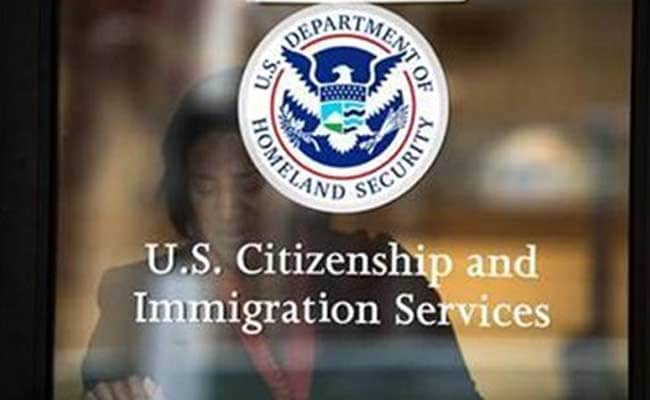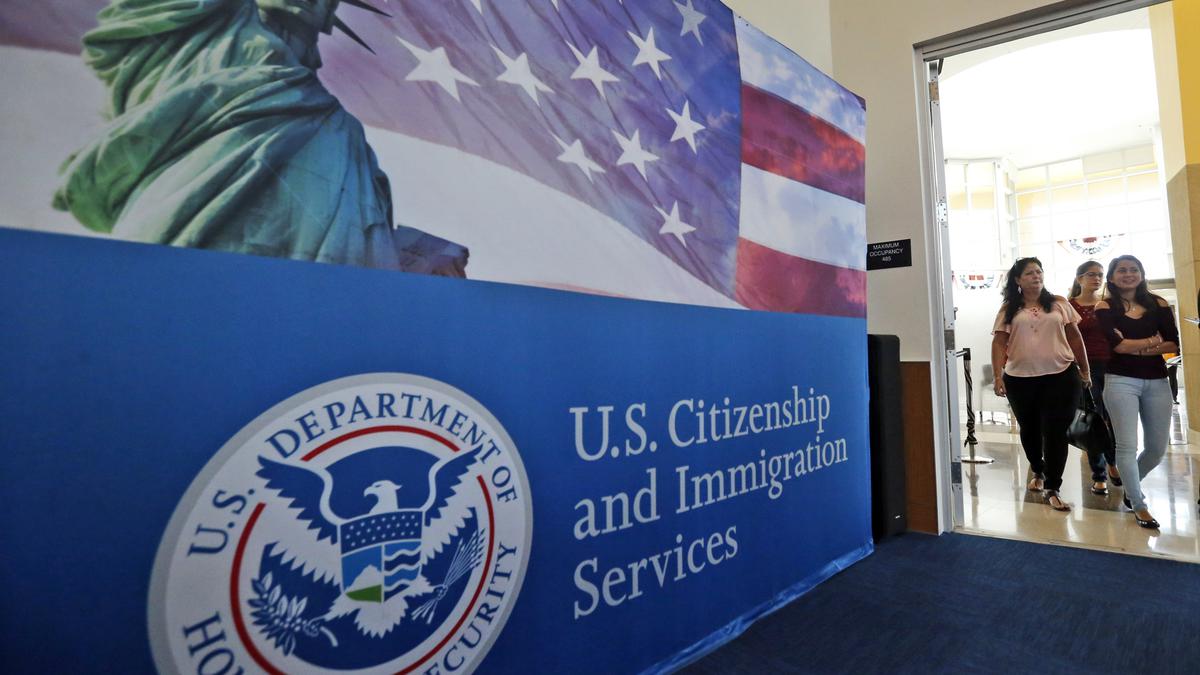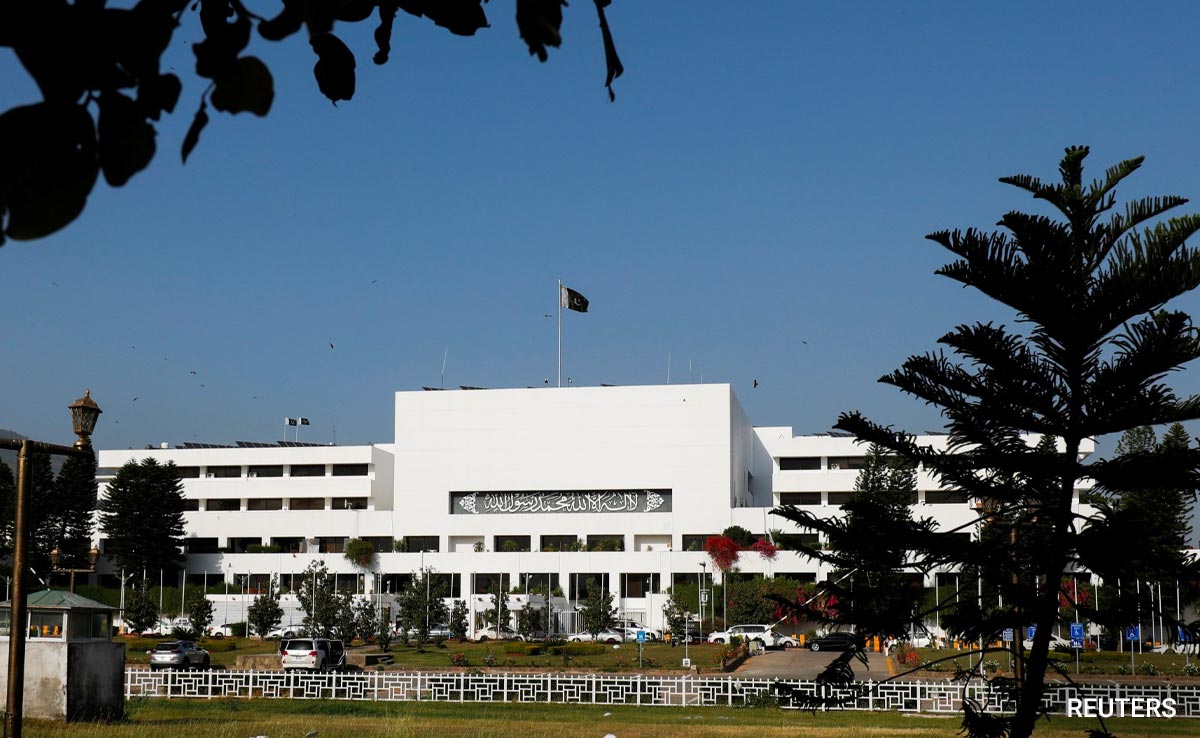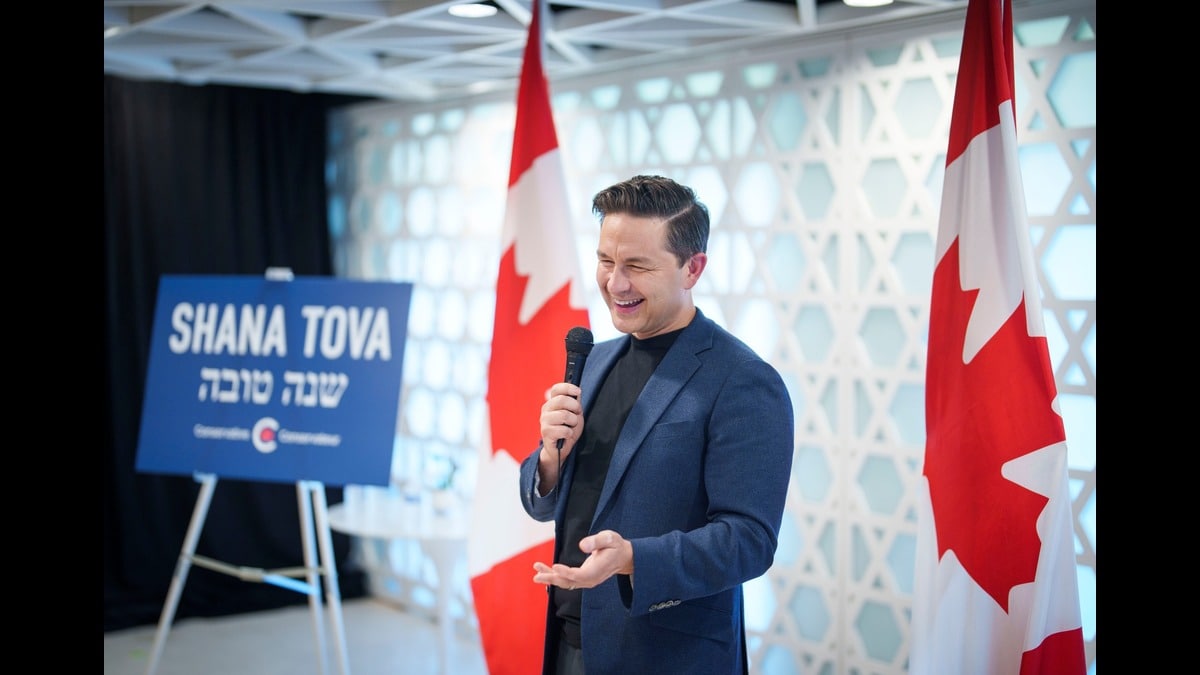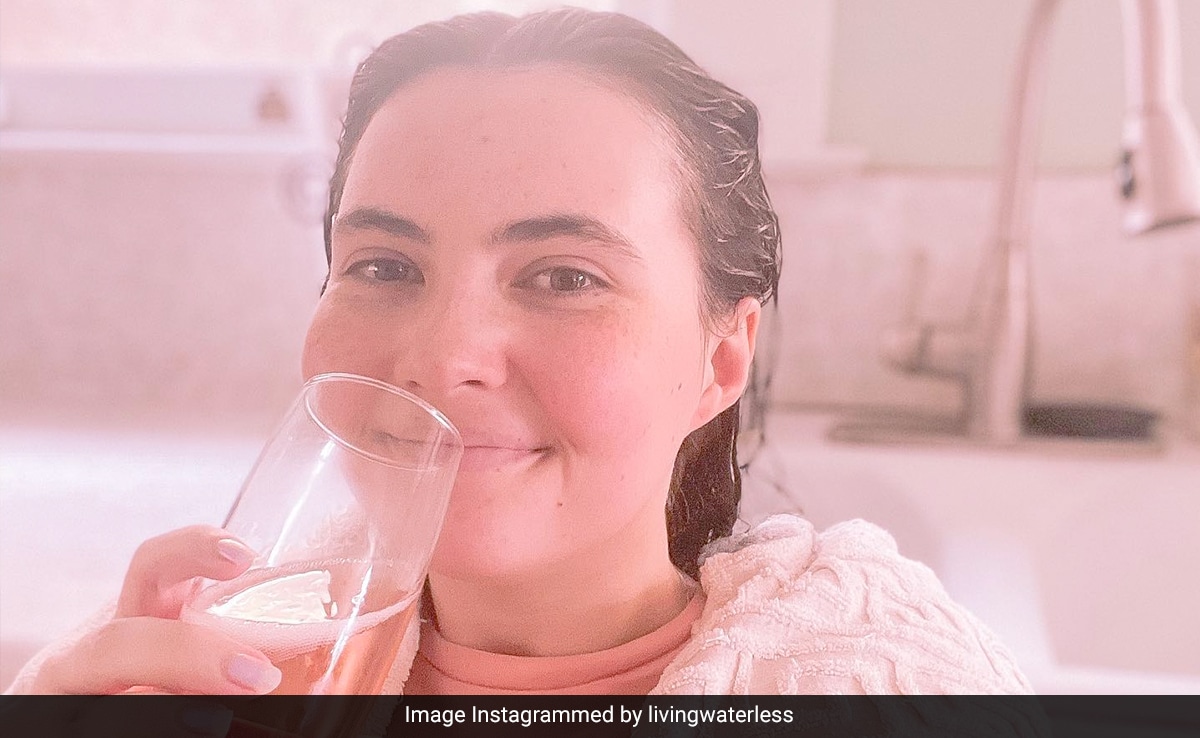The Biden administration is proposing changes in the H-1B foreign workers programme to improve efficiency by streamlining eligibility, providing more flexibility to F-1 students, entrepreneurs and those working for non-profit bodies and ensuring better condition for other non-immigrant workers.
The rules, which are scheduled to be published by the U.S. Citizenship and Immigration Services (USCIS) on October 23 in the Federal Register have been proposed without changing the Congress-mandated 60,000 limit on the number of such visas the U.S. issues every year.
The H-1B visa is a non-immigrant visa that allows U.S. companies to employ foreign workers in speciality occupations that require theoretical or technical expertise.
It is typically issued for three to six years to employers to hire a foreign worker. But H-1B holders who have begun the Green Card process can often renew their work visas indefinitely.
The technology companies depend on it to hire tens of thousands of employees each year from countries like India and China.
Making the proposed rules public for stakeholders to give their comments and feedback, the Department of Homeland Security (DHS) said the proposed changes in the rules are aimed at streamlining eligibility requirements, improving programme efficiency, providing greater benefits and flexibilities to employers and workers, and strengthening integrity measures.
The H-1B programme helps U.S. employers hire the employees they need to meet their business needs and remain competitive in the global marketplace, while adhering to all U.S. worker protection norms under the law.
In a statement, the Secretary of Homeland Security Alejandro N Mayorkas said the Biden-Harris administration’s priority is to attract global talent, reduce undue burdens on employers, and prevent fraud and abuse in the immigration system.
Observing that the H-1B non-immigrant visa programme allows US employers to temporarily employ foreign workers in speciality occupations, defined by statute as occupations that require highly specialised knowledge and a bachelor’s or higher degree in the specific speciality or its equivalent, the DHS said the proposed rule would change how USCIS conducts the H-1B registration selection process to reduce the possibility of misuse and fraud.
Under the current process, the more registrations that are submitted on behalf of an individual, the higher the chances of that person being selected in a lottery. Under the new proposal, each individual who has a registration submitted on their behalf would be entered into the selection process once, regardless of the number of registrations submitted on their behalf, the DHS said in a statement.
“This would improve the chances that a legitimate registration would be selected by significantly reducing or eliminating the advantage of submitting multiple registrations for the same beneficiary solely to increase the chances of selection. Furthermore, it could also give beneficiaries more choice between legitimate job offers because each registrant who submitted a registration for a selected beneficiary would have the ability to file an H-1B petition on behalf of the beneficiary,” it said.
Under the proposed rule, the criteria for speciality occupation positions would be revised to reduce confusion between the public and adjudicators and to clarify that a position may allow a range of degrees, although there must be a direct relationship between the required degree field(s) and the duties of the position.
The proposed rule codifies that adjudicators generally should defer to a prior determination when no underlying facts have changed at the time of a new filing.
Under the proposed rule, certain exemptions to the H-1B cap would be expanded for certain nonprofit entities or governmental research organisations as well as beneficiaries who are not directly employed by a qualifying organisation.
The DHS would also extend certain flexibility for students on an F-1 visa when students are seeking to change their status to H-1B. Additionally, the department would establish new H-1B eligibility requirements for rising entrepreneurs.
Strengthening integrity measures in addition to changing the selection process, misuse and fraud in the H-1B registration process would be reduced by prohibiting related entities from submitting multiple registrations for the same beneficiary. The rule would also codify USCIS’ authority to conduct site visits and clarify that refusal to comply with site visits may result in denial or revocation of the petition, the DHS said.
Indian American Ajay Bhutoria, a leading advocate for immigration reform welcomed the proposed ‘Modernizing H-1B Requirements, Providing Flexibility in the F-1 Programme, and Programme Improvements Affecting Other Nonimmigrant Workers’ regulation.
These proposed changes mark a significant step towards streamlining our immigration system and making it more accessible for highly skilled professionals and students from around the world, Bhutoria said.
“The proposed reform plan reflects a thoughtful approach to addressing some of the long-standing issues in the H-1B visa programme, including providing more flexibility to F-1 students and improving conditions for other nonimmigrant workers. We appreciate the DHS’s commitment to fostering an environment that is conducive to attracting global talent and maintaining the competitiveness of American industries,” Bhutoria said.



